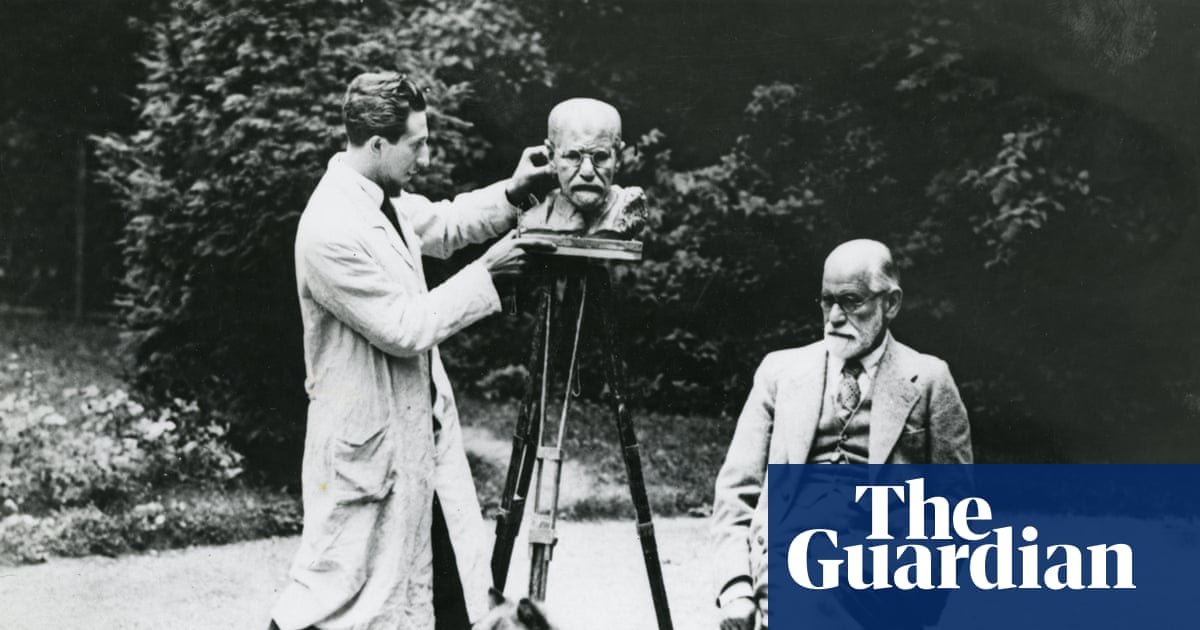#freud
#freud
[ follow ]
#psychoanalysis #psychology #spirituality #biology #existentialism #neuroscience #psychotherapy-effectiveness
fromPsychology Today
5 months agoChildren of the Abyss: How Nietzsche Impacted Psychoanalysis
Who was Nietzsche? Philosopher, psychologist, poet, madman, provocateur-these names orbit around him but never settle. He is the "strange German," dismissed by some as the father of nihilism and amorality, revered by others as the prophet of self-becoming. No thinker has hovered so closely to the abyss or beckoned so many to peer into its depths. Fewer still have so haunted the origins of the psychoanalytic revolution, both as inspiration and as fateful warning.
philosophy
fromThe Conversation
5 months agoFreud would have called AI a 'narcissistic insult' to humanity - here's how we might overcome it
The first insult by science was Copernicus's discovery that we are not at the center of the universe, followed by Darwin's evolution theory and Freud's insights into the unconscious.
philosophy
[ Load more ]


